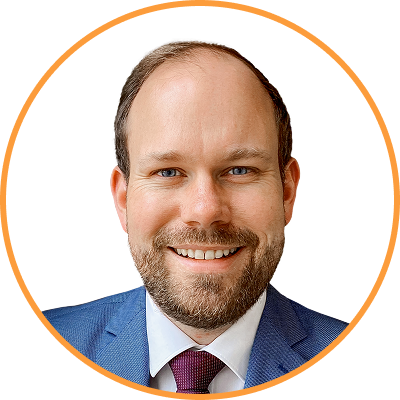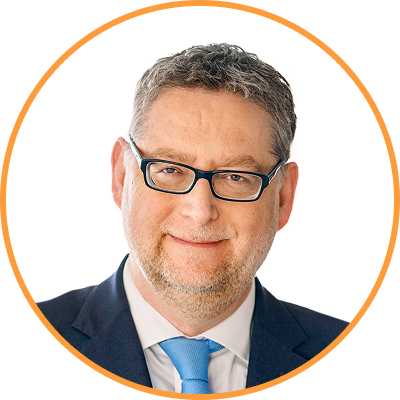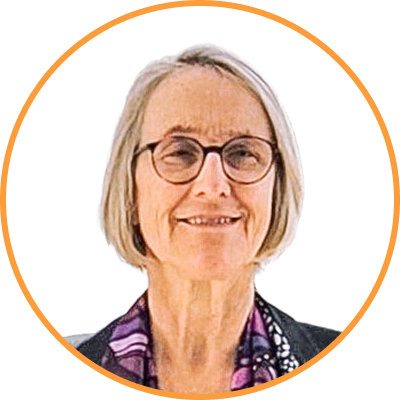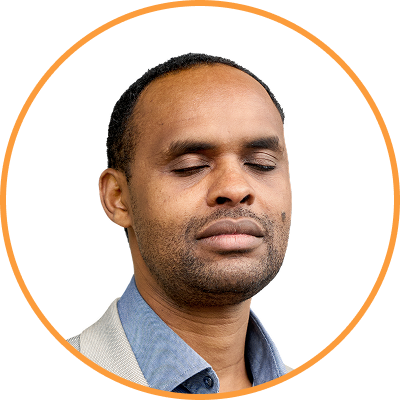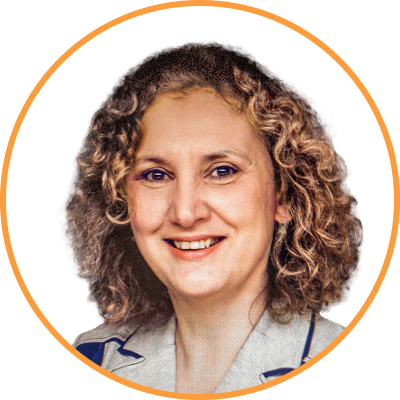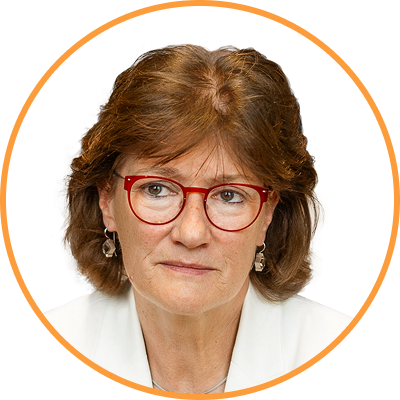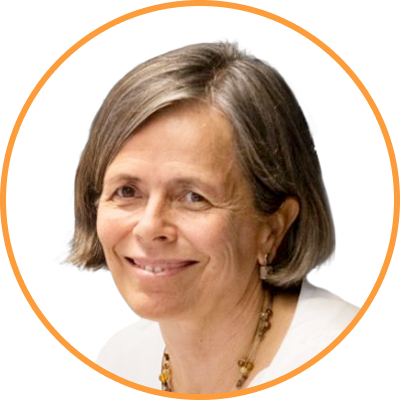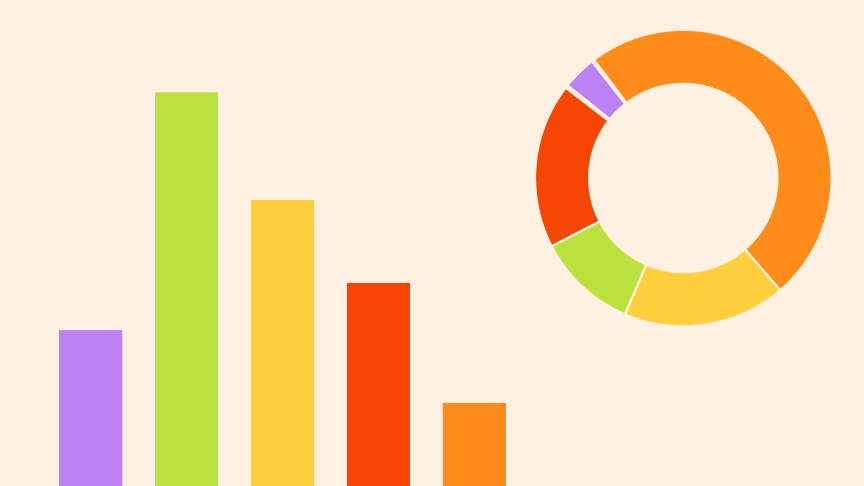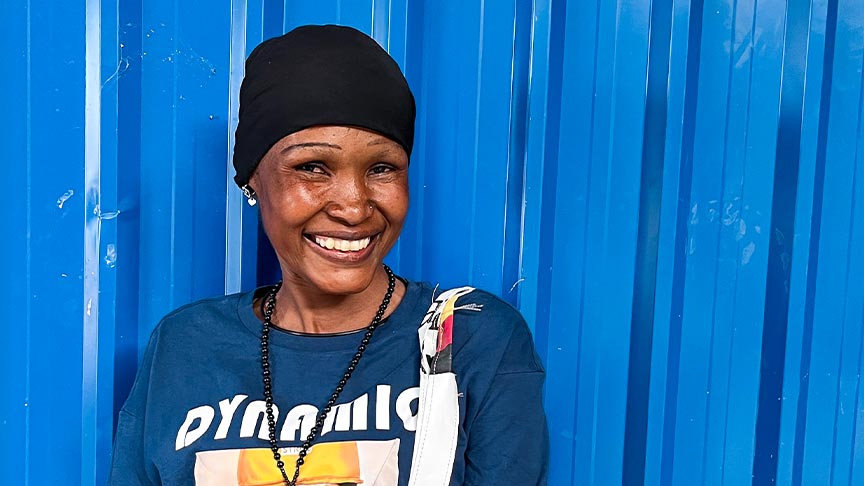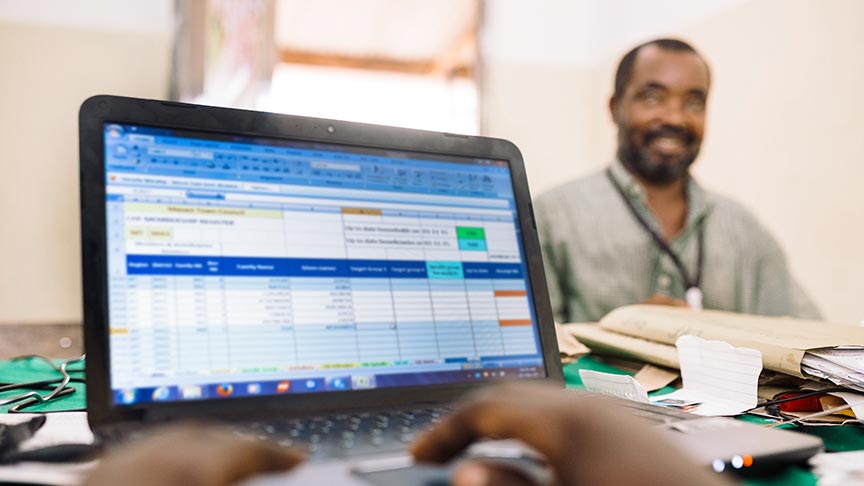One in every six people worldwide lives with a disability – and the number is rising. This is a result of the growing global population and life expectancy, but also the increase in chronic illness.
Very few people are born with a disability. Often, a disability will only develop later on in life as a result of accidents, illnesses or other strokes of fate. The majority of them are invisible and remain hidden. One reason for this is that people with disabilities still face discrimination. They have greater difficulty finding work, face inequality with regard to health care and struggle with inaccessible infrastructure on a daily basis.
"Leave no one behind" is the motto of the Sustainable Development Goals, and studies consistently show that this approach makes sense from both a social and an economic perspective. Diverse teams and groups work better and more innovatively than homogeneous ones because the mix of viewpoints and skill sets is more conducive to finding new solutions. Inclusion is therefore an important prerequisite for sustainable development.
